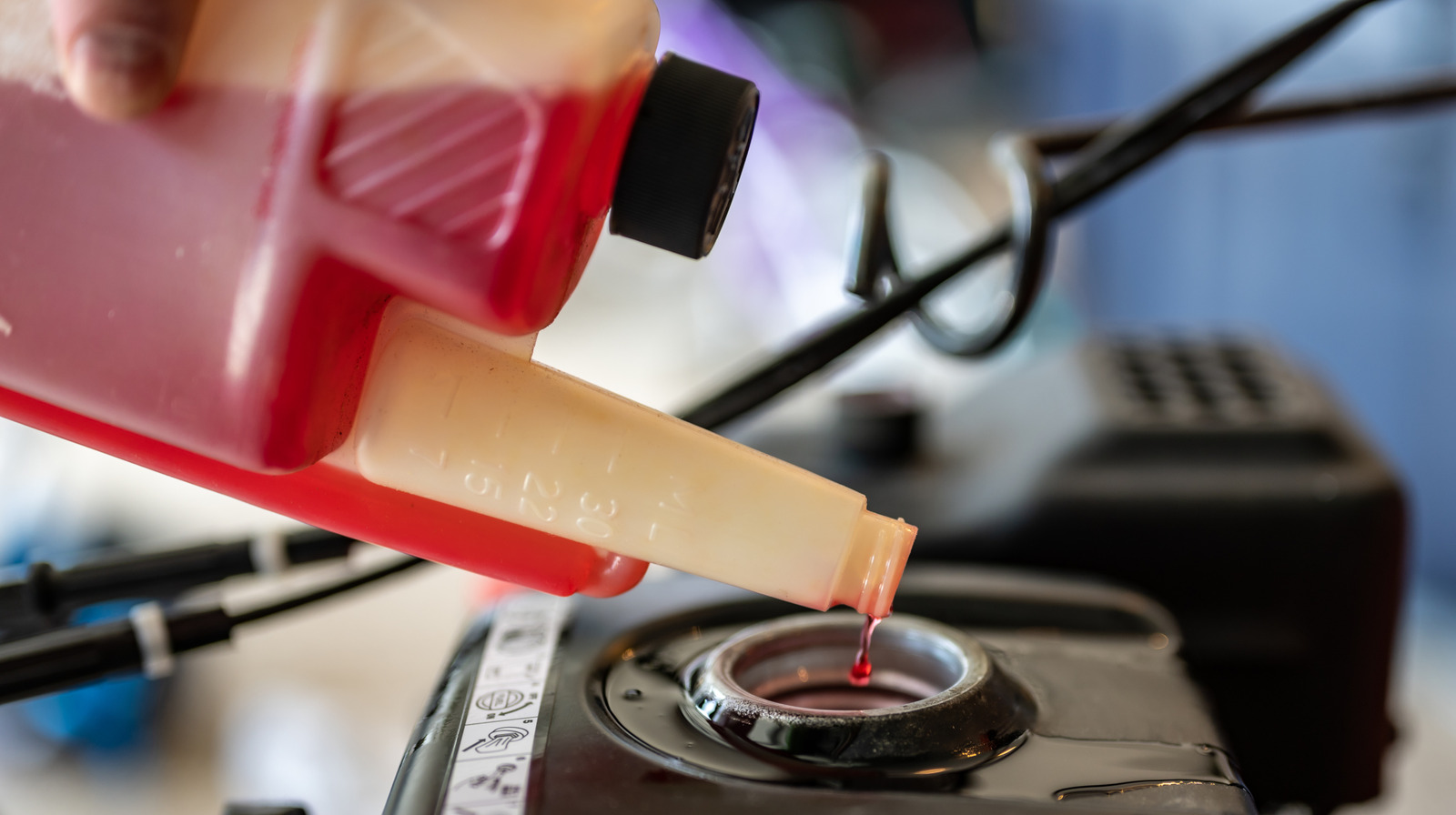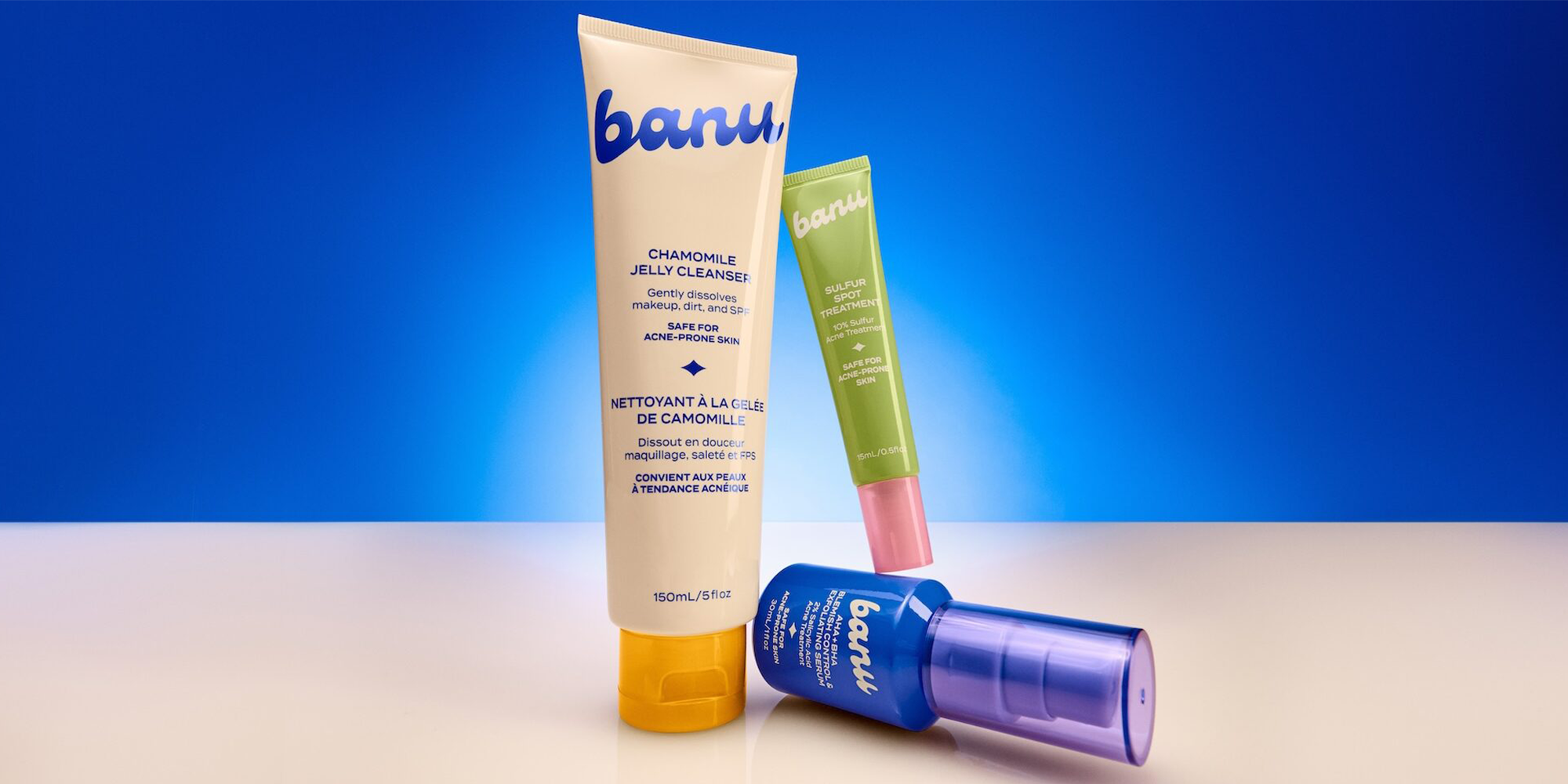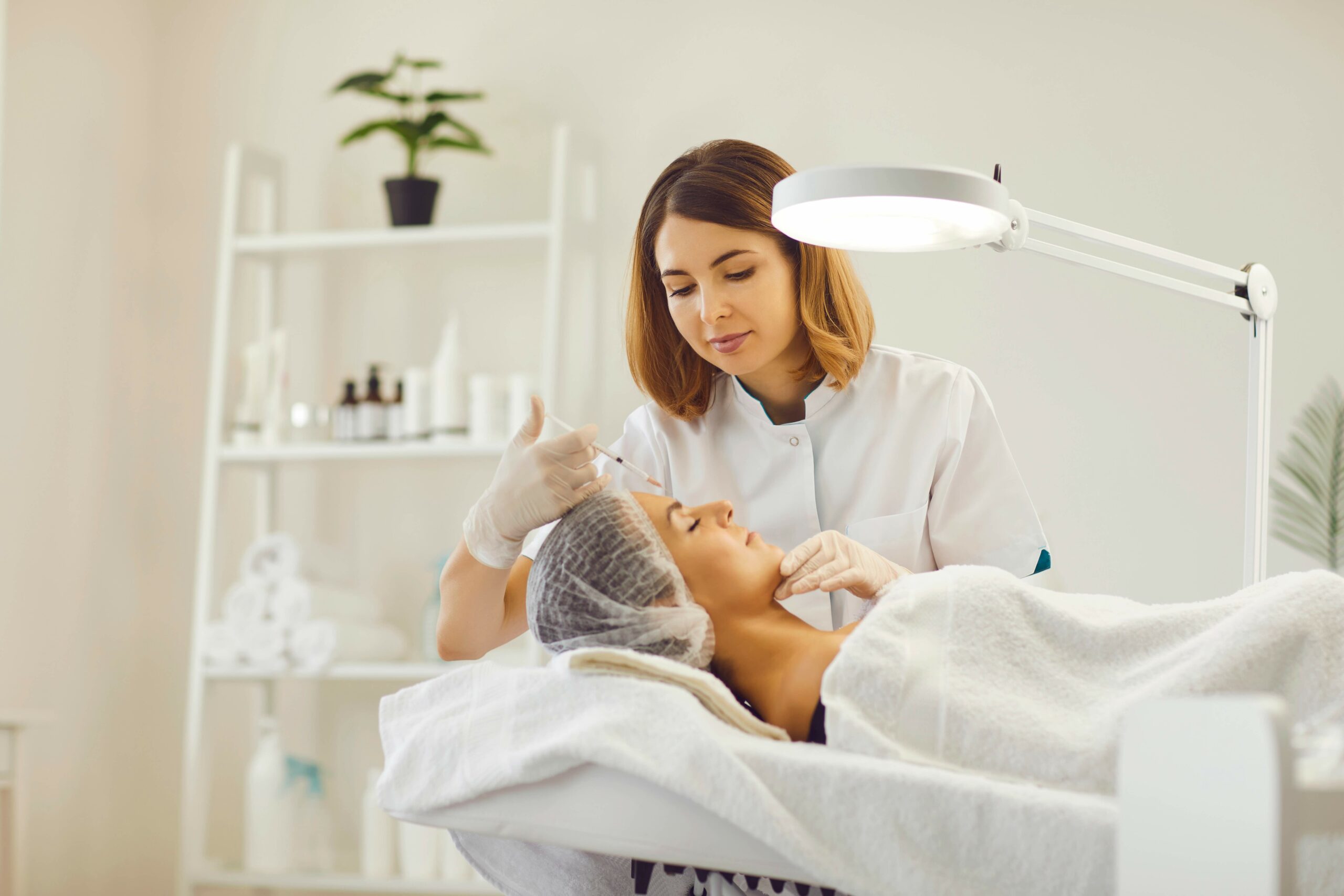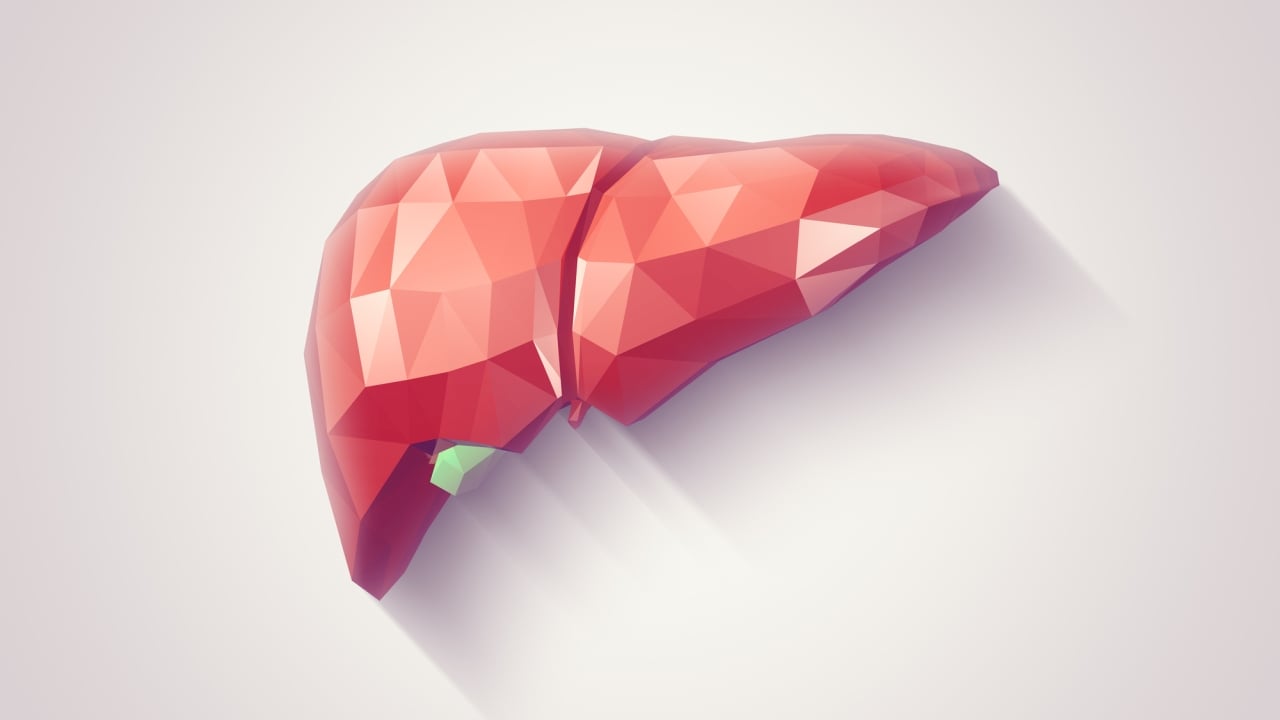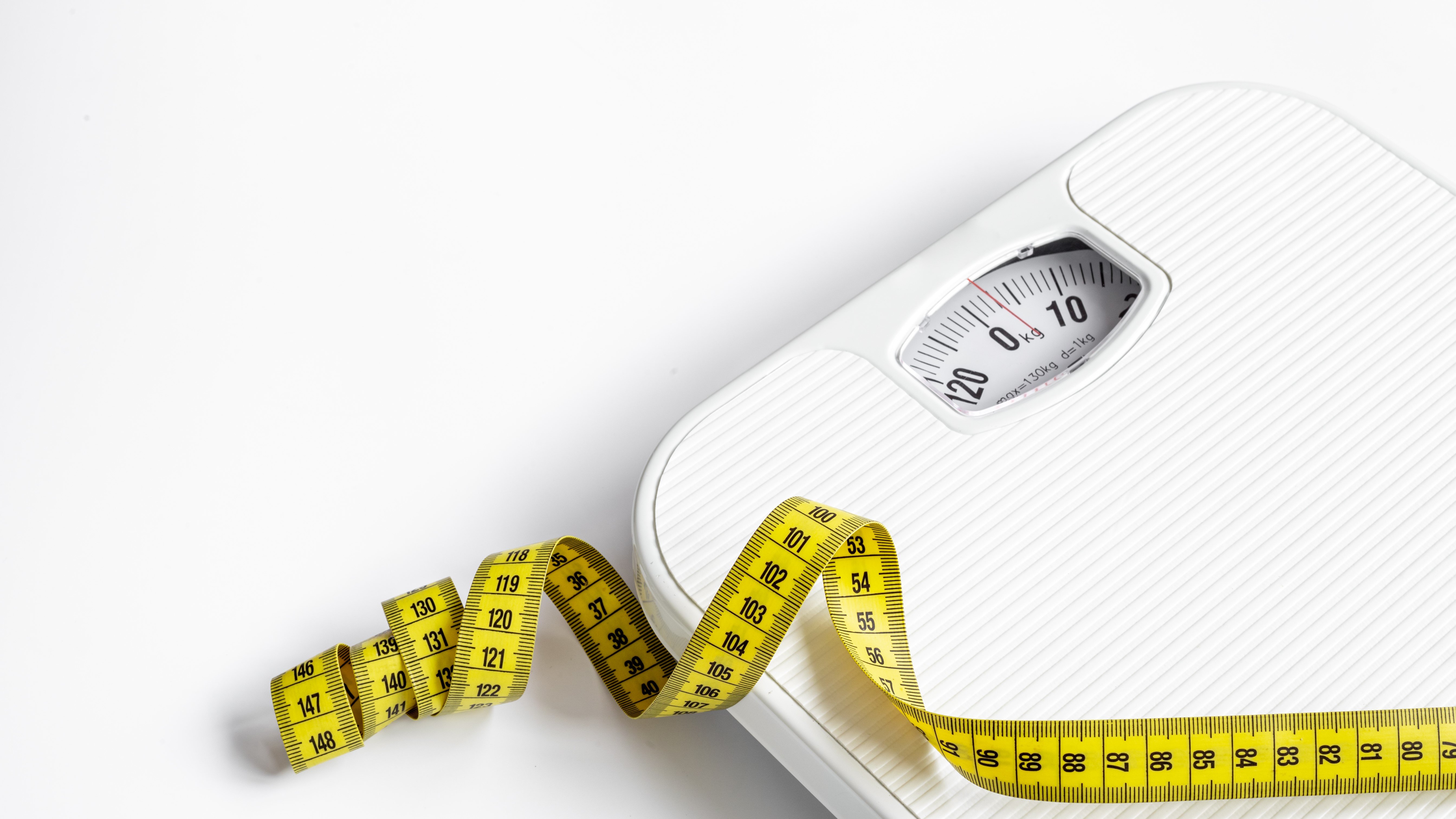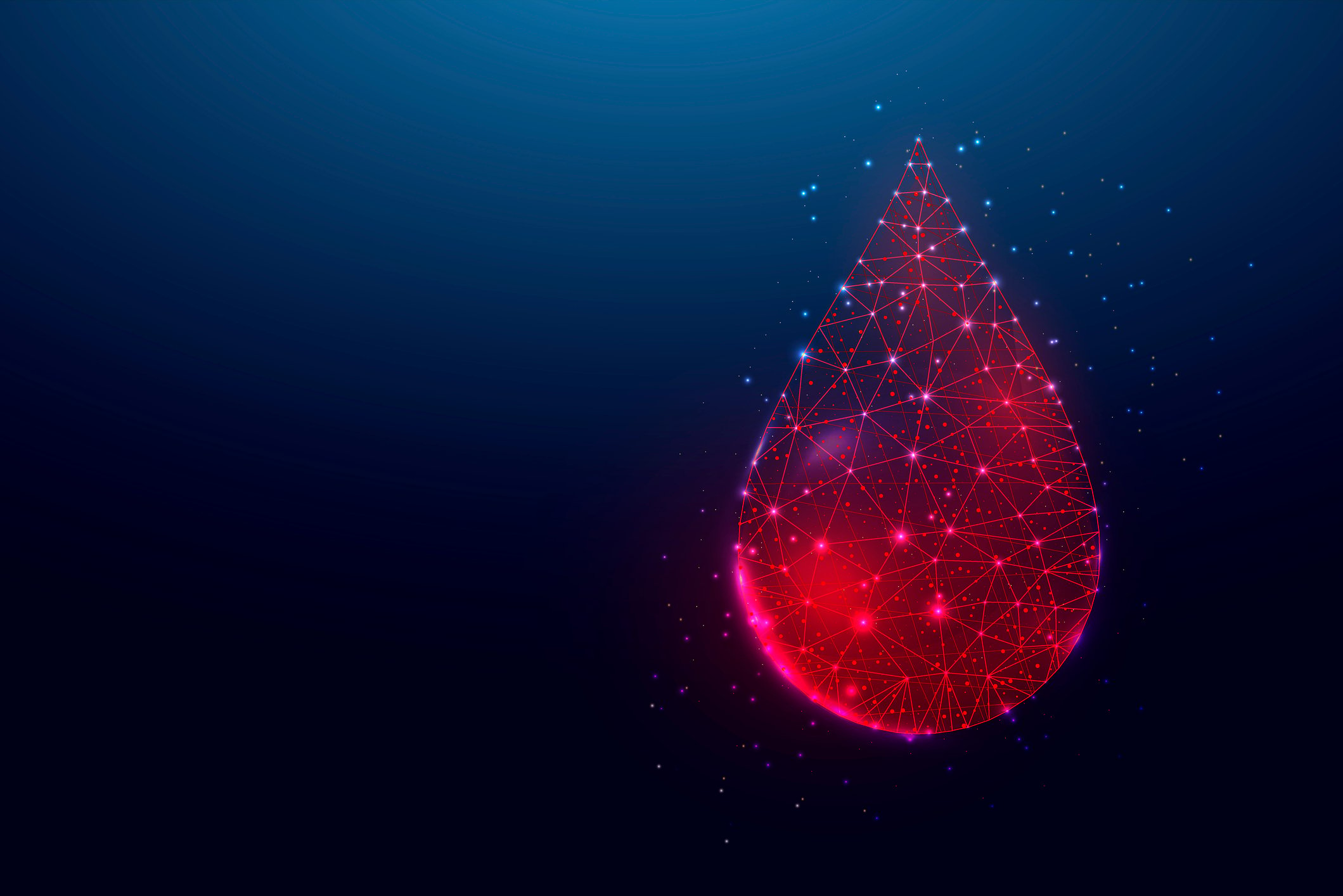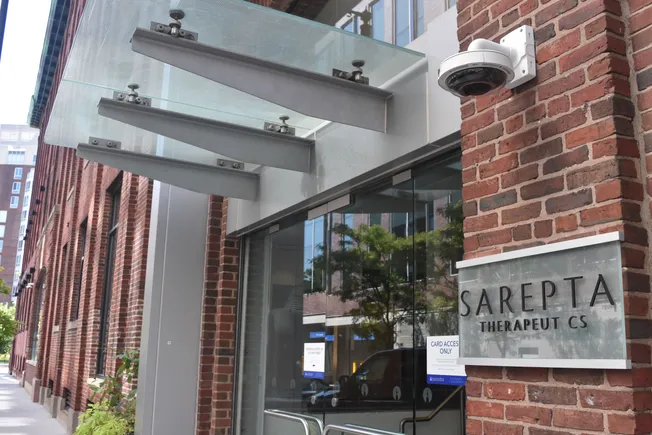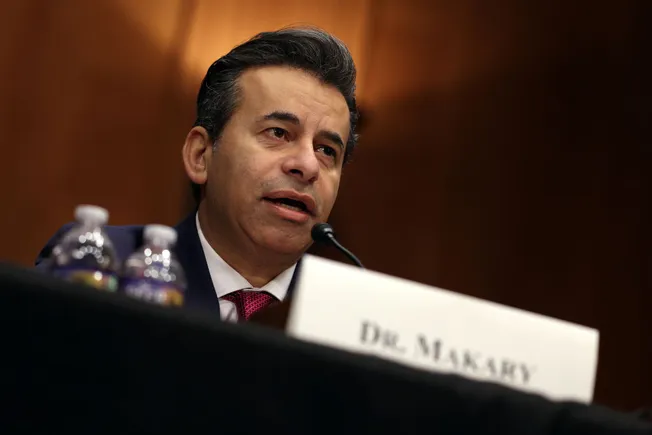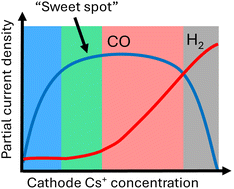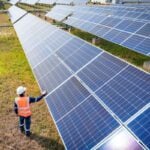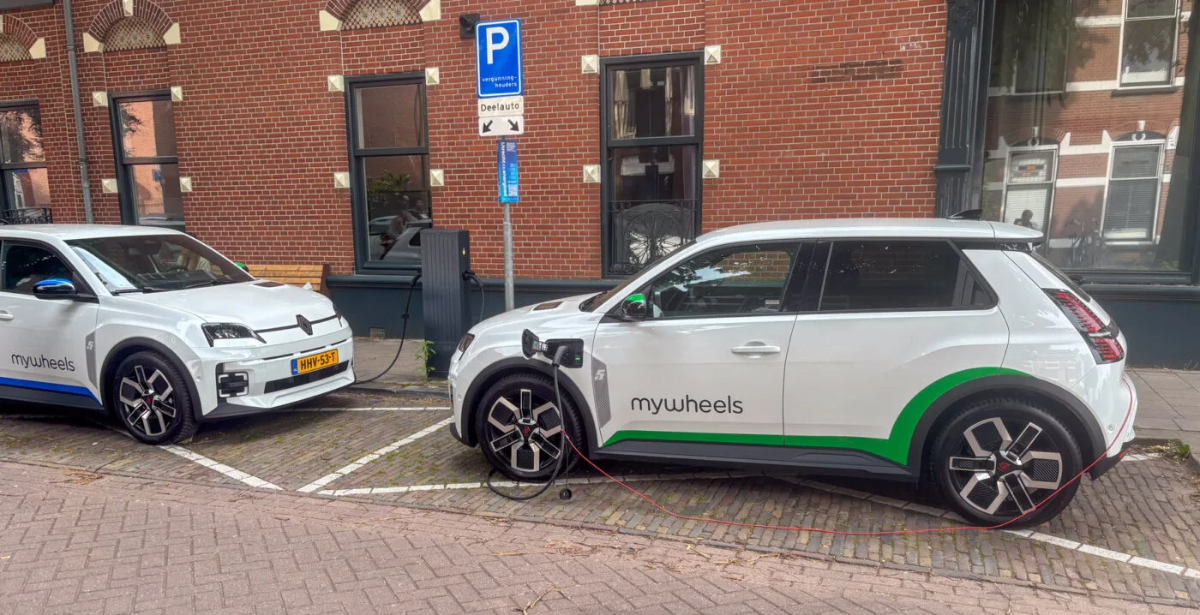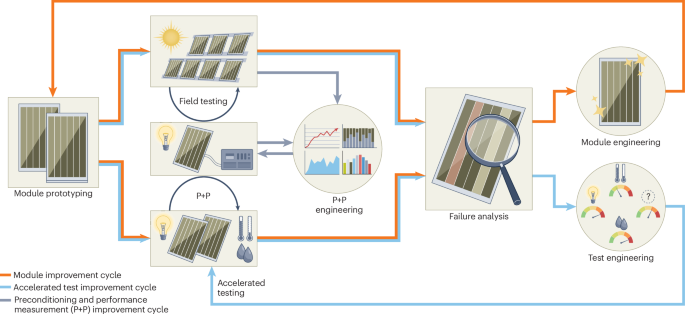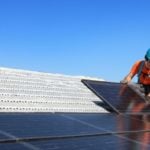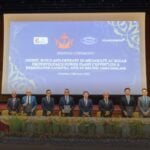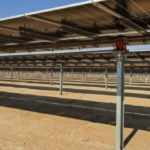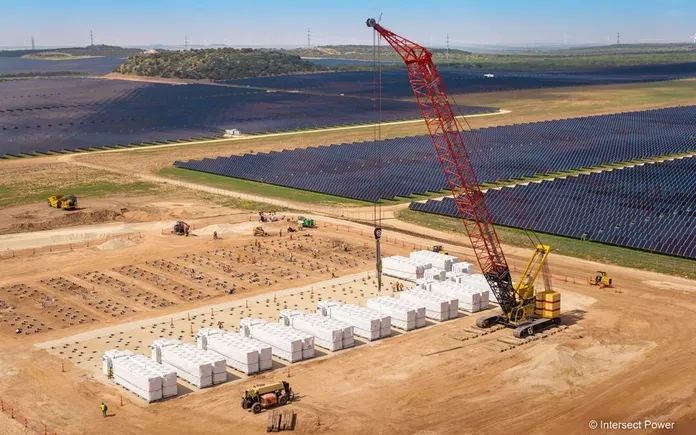Human Extracellular Matrix‐Like Collagen‐Based Hydrogels for Soft Tissue Regeneration and Mandibular Retrognathia Treatment
Advanced Healthcare Materials, Volume 14, Issue 15, 10 June, 2025.

This study develops a biomimetic hydrogel integrating human extracellular matrix-like collagen (hCol), hyaluronic acid (HA), and polyethylene glycol diamine (PEGDA) to precisely regulate the biomechanical environment of soft tissue. The hydrogel, with a modulus of approximately 1 kPa, provides essential biochemical signals while synergistically modulating immune responses, cellular differentiation, and anti-aging processes. Animal and clinical studies validate its high regenerative efficacy in soft tissue repair, achieving repair rates of 95.2% at 3 months and 76.2% at 6 months in the treatment of mandibular retrusion. This research highlights the hydrogel's potential in reshaping the soft tissue microenvironment, offering new insights for future soft tissue engineering and regenerative medicine.
Abstract
Skin aging, trauma, and congenital diseases lead to tissue defects and functional loss. Effective regeneration remains challenging due to limited material bioactivity and inadequate consideration of mechanical cues. This study develops a hydrogel integrating human extracellular matrix-like collagen (hCol) derived from induced human adipose mesenchymal stem cells (hASCs) with hyaluronic acid (HA) and polyethylene glycol diamine (PEGDA), engineered to achieve a modulus (≈1 kPa) representative of subcutaneous soft tissue. The hCol, produced at scale, provides essential biochemical signals, which, in conjunction with the hydrogel mechanical properties, synergistically modulate immune responses, cellular differentiation, and anti-aging processes. Both animal experiments and clinical trials validate the regenerative efficacy of the hydrogels. Clinical regeneration therapy for mandibular retrognathia shows rapid and sustained improvements, with repair efficacy rates of 95.2% at 3 months and 76.2% at 6 months. These findings underscore the hydrogel's ability to reshape the soft tissue microenvironment, supporting immediate tissue repair and sustained regeneration, while offering a promising platform for future biomaterial development in soft tissue engineering.


























